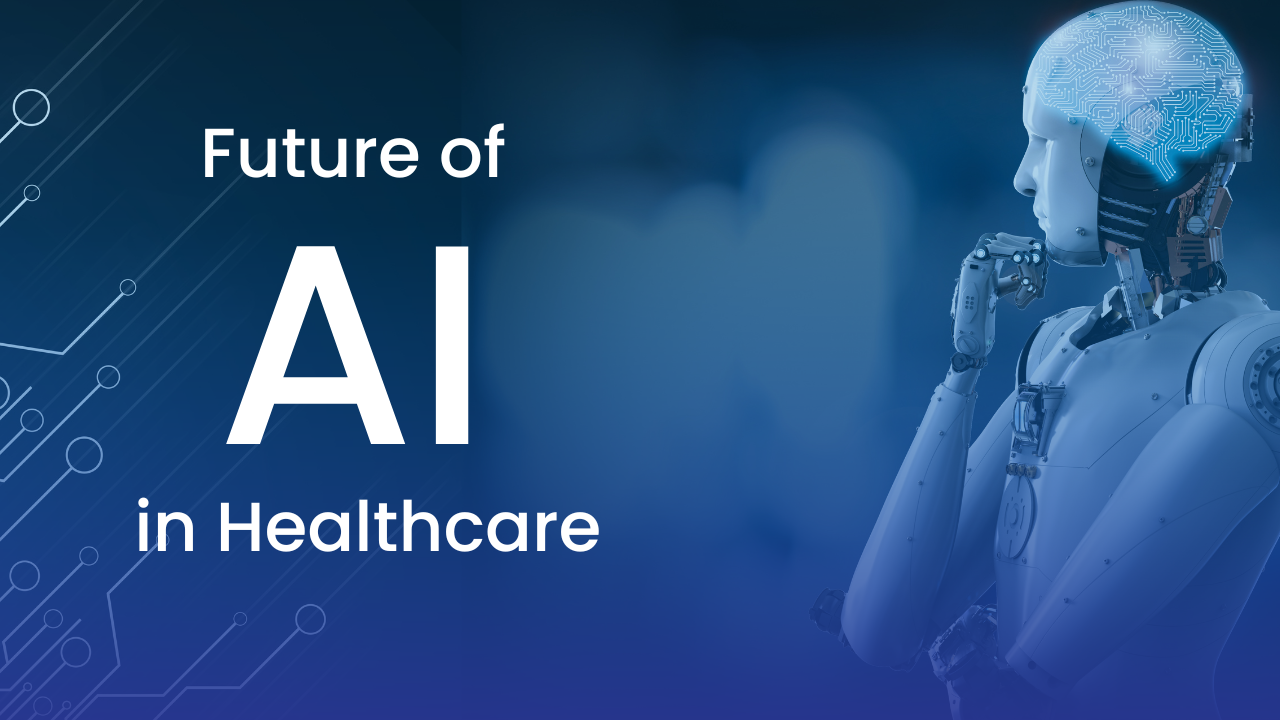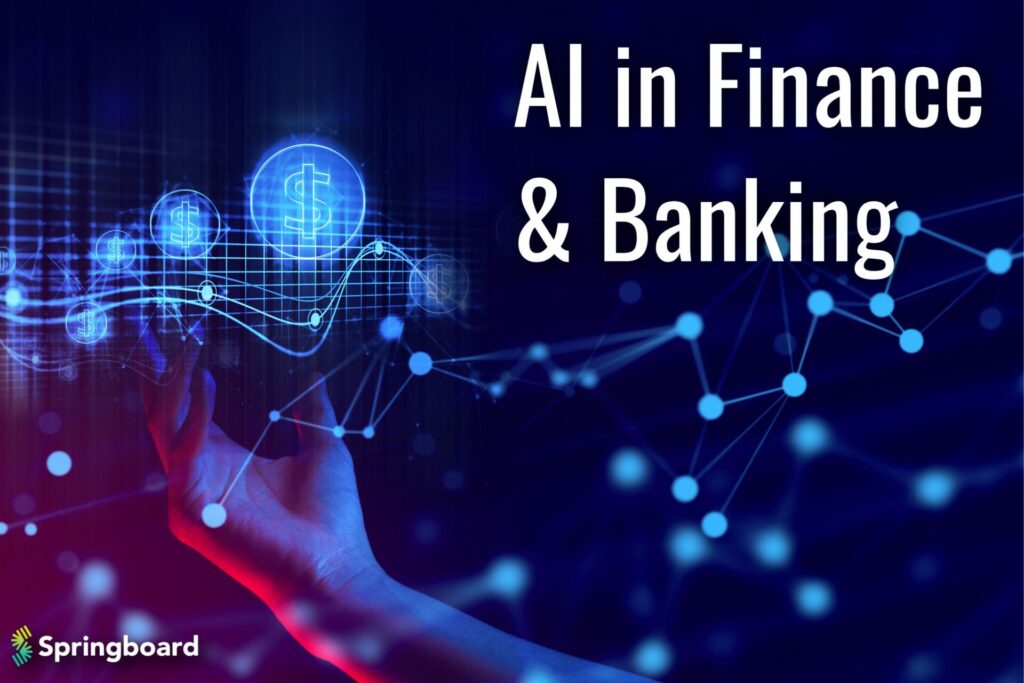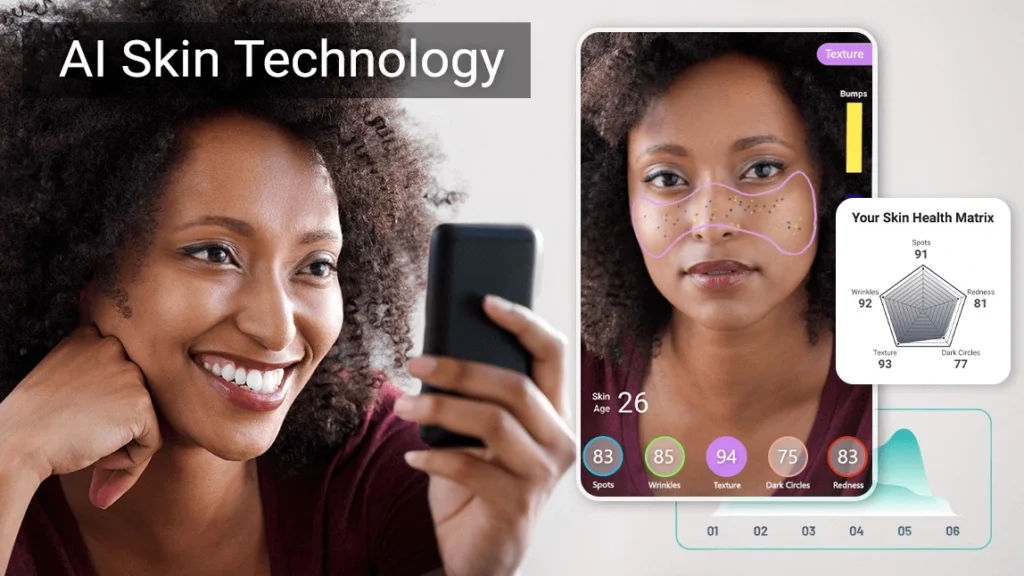Introduction to Artificial Intelligence (AI)
Welcome to the era where technology and innovation converge to shape the future of industries, the era of AI application in real time. Artificial Intelligence (AI) is not just a buzzword anymore; it’s a game-changer revolutionizing how we live, work, and interact with the world around us. In this blog post, we’ll delve into the transformative AI applications across three diverse industries: healthcare, finance, and retail. Join us on this exciting journey as we explore how AI is reshaping these sectors in ways never imagined before!
How AI is Revolutionizing the Healthcare Industry

Artificial Intelligence (AI) is making waves in the healthcare industry, transforming the way we approach personalized medicine and treatment plans. AI algorithms analyze vast amounts of patient data to tailor treatments based on individual needs and genetic makeup. This level of precision enhances patient outcomes and reduces trial-and-error approaches.
Moreover, AI streamlines administrative tasks within medical facilities, freeing up valuable time for healthcare professionals to focus on patient care instead of paperwork. From scheduling appointments to managing electronic health records, automation improves operational efficiency and workflow management ismade easier by AI application.
Additionally, AI plays a crucial role in medical image analysis by quickly interpreting complex scans like MRIs or X-rays. By detecting anomalies or patterns that may go unnoticed by human eyes, AI aids in early disease detection and accurate diagnosis. This technology revolutionizes diagnostics and treatment planning for better patient care.
- Personalized medicine and treatment plans
Artificial Intelligence (AI) is transforming the healthcare industry in remarkable ways, with one of its groundbreaking AI applications being personalized medicine and treatment plans. By leveraging AI algorithms and machine learning capabilities, healthcare providers can now tailor medical treatments to individual patients based on their genetic makeup, medical history, and lifestyle factors.
This level of personalization not only enhances patient outcomes but also minimizes the risk of adverse reactions to medications. Through the analysis of vast amounts of data, AI can identify patterns and trends that would be nearly impossible for human practitioners to detect on their own. This enables healthcare professionals to make more informed decisions when designing treatment regimens for patients with complex conditions with the help of AI application.
With AI’s ability to process large datasets quickly and accurately, doctors can access real-time insights that help them deliver targeted therapies with precision. Additionally, AI-powered systems can continuously learn from new data inputs, allowing for ongoing refinement and optimization of personalized medicine approaches in healthcare settings.
- Automation of administrative tasks
In the healthcare industry, AI is transforming the way administrative tasks are managed. By automating processes like scheduling appointments, billing, and maintaining patient records, AI streamlines operations for healthcare providers. This automation not only saves time but also reduces human error, leading to more accurate and efficient administrative workflows.
With AI-powered systems in place, healthcare professionals can focus more on patient care rather than getting bogged down by paperwork and manual data entry. Additionally, these AI application automated tasks help in improving overall operational efficiency within medical facilities.
By leveraging AI for administrative tasks, hospitals and clinics can enhance their productivity levels while ensuring a seamless experience for both patients and staff members alike. The integration of artificial intelligence technology in this aspect of healthcare administration marks a significant step towards modernizing the industry’s operations.
- Medical image analysis
Medical image analysis is one of the groundbreaking AI applications in healthcare. AI algorithms have the ability to analyze medical images such as MRIs, X-rays, and CT scans with incredible accuracy and speed. By leveraging machine learning techniques, AI can assist radiologists in detecting abnormalities and making diagnoses more efficiently.
This technology helps in identifying patterns or anomalies that may not be easily noticeable to the human eye, leading to early detection of diseases like cancer or fractures. With AI’s assistance, healthcare providers can enhance patient care by providing timely interventions based on accurate findings from medical imaging data.
Moreover, medical image analysis powered by AI enables doctors to track disease progression over time through quantitative measurements and comparisons. This capability contributes significantly to personalized treatment plans tailored to individual patients’ needs for better outcomes with AI application.
The Impact of AI in the Finance Industry

The impact of AI in the finance industry is profound, revolutionizing traditional practices and paving the way for smarter, more efficient operations.
One significant AI application in finance is fraud detection and prevention. By analyzing vast amounts of data in real-time, AI algorithms can identify suspicious patterns and flag potential fraudulent activities before they escalate.
Moreover, AI plays a crucial role in investment strategies and portfolio management. Through sophisticated algorithms, financial institutions can make data-driven decisions to optimize investments and maximize returns for their clients.
Additionally, customer service in the finance sector has been enhanced by AI-powered chatbots. These virtual assistants provide instant support to customers, answering queries promptly and efficiently 24/7 with AI application.
In essence, the integration of artificial intelligence into the finance industry has streamlined processes, improved decision-making capabilities, and heightened overall efficiency within this dynamic sector.
- Fraud detection and prevention
In the dynamic world of finance, AI plays a crucial role in fraud detection and prevention. By analyzing vast amounts of data in real-time, AI algorithms can quickly identify suspicious patterns and anomalies that may indicate fraudulent activities.
These sophisticated systems are capable of flagging potentially fraudulent transactions with remarkable accuracy, helping financial institutions stay one step ahead of cybercriminals. From detecting unusual spending behavior to identifying stolen credit card information, AI-powered tools provide an extra layer of security for both businesses and consumers alike.
Moreover, AI’s ability to continuously learn and adapt allows it to evolve alongside new forms of financial fraud, ensuring that detection methods remain effective in an ever-changing landscape. As technology advances, the battle against financial fraud continues to be fought on multiple fronts – with AI applications leading the charge towards greater security and trust in the digital economy.
- Investment strategies and portfolio management
The finance industry is experiencing a significant transformation thanks to the integration of Artificial Intelligence (AI) into investment strategies and portfolio management. AI algorithms can analyze vast amounts of data in real-time, enabling financial institutions to make more informed decisions when managing clients’ investments.
With AI’s predictive analytics capabilities, financial advisors can gain valuable insights into market trends and fluctuations, helping them develop more effective investment strategies for their clients. By leveraging machine learning algorithms, firms can optimize portfolios based on risk tolerance, time horizon, and financial goals.
Furthermore, AI-powered tools can automate repetitive tasks such as rebalancing portfolios or monitoring asset performance. This not only increases efficiency but also allows advisors to focus on providing personalized guidance and support to their clients.
The incorporation of AI in investment strategies and portfolio management is revolutionizing the way financial institutions operate and deliver value to their customers.
- Customer service and chatbots
The finance industry has seen a remarkable transformation with the integration of AI applications, particularly in enhancing customer service through chatbots. These intelligent virtual assistants are revolutionizing how financial institutions interact with their clients, providing instant responses to inquiries and support around the clock.
Gone are the days of long wait times on hold or delayed email responses. Chatbots powered by AI algorithms can quickly address customer concerns, offer personalized recommendations, and even assist in executing transactions seamlessly. This level of efficiency not only improves customer satisfaction but also streamlines operations for financial businesses.
Moreover, chatbots equipped with natural language processing capabilities can understand complex queries and provide accurate solutions promptly. By leveraging AI-driven chatbot technology, financial companies can deliver high-quality service while reducing human error and operational costs simultaneously.
AI’s Role in the Retail Industry
AI’s impact on the retail industry is undeniable, with businesses leveraging this technology to enhance customer experiences and streamline operations. One significant AI application in retail is personalized shopping experiences. By analyzing customer data and behavior, AI algorithms can recommend products tailored to individual preferences, increasing sales and customer satisfaction.
Additionally, AI plays a crucial role in inventory management and supply chain optimization. Retailers use predictive analytics to forecast demand accurately, ensuring that they have the right amount of stock at the right time. This not only reduces costs by minimizing overstocking but also prevents stockouts, improving overall efficiency.
Moreover, AI-driven predictive analytics help retailers forecast sales trends based on various factors like seasonality, market trends, and consumer behavior. By gaining insights into future demands, retailers can make informed decisions about pricing strategies and marketing campaigns to maximize profitability.
In essence, AI application continues to revolutionize the retail industry by enabling personalized experiences for customers while optimizing operational processes for businesses.
- Personalized shopping experiences
In the retail industry, AI application is transforming the way businesses interact with customers. One significant application is providing personalized shopping experiences tailored to individual preferences and behaviors. By analyzing data from past purchases, browsing history, and demographic information, AI algorithms can recommend products that are likely to appeal to each customer.
These personalized recommendations enhance customer satisfaction by offering relevant suggestions and improving overall shopping experience. Retailers can also use AI application powered chatbots to engage with customers in real-time, answering queries and providing assistance throughout their online shopping journey.
Moreover, AI enables retailers to segment their customer base effectively, allowing targeted marketing campaigns based on specific interests or buying patterns. This level of personalization not only increases sales but also fosters brand loyalty among consumers who appreciate the tailored approach to their needs.
The integration of AI application in retail is reshaping how businesses connect with their customers on a more individualized level.
- Inventory management and supply chain optimization
In the retail industry, AI plays a crucial role in optimizing inventory management and streamlining supply chains. By leveraging AI algorithms, retailers can accurately forecast demand, leading to improved inventory levels and reduced stockouts.
AI enables retailers to analyze historical data, current trends, and external factors to predict consumer behavior effectively. This AI application predictive analytics helps in anticipating future demand fluctuations and adjusting inventory levels accordingly.
Moreover, AI-driven systems can automate reorder processes based on real-time data analysis. This automation not only saves time but also minimizes human errors in inventory management tasks.
By optimizing supply chain processes through AI technology, retailers can enhance efficiency, reduce costs, and improve overall customer satisfaction. From warehouse operations to delivery logistics, AI application revolutionizes how retailers manage their inventories and ensure seamless product availability for consumers.
- Predictive analytics for sales forecasting
In the fast-paced and ever-evolving landscape of industries like healthcare, finance, and retail, artificial intelligence is proving to be a game-changer. From personalized medicine and fraud detection to predictive analytics for sales forecasting, AI is revolutionizing processes, enhancing efficiency, and improving outcomes across various sectors.
As businesses continue to harness the power of AI application technologies, we can expect further innovations that will drive growth, improve customer experiences, and streamline operations. The possibilities are endless as AI continues to unfold its potential in transforming the way we work and live. Embracing this technological advancement is not just an option but a necessity for staying competitive in today’s dynamic market environment.
So whether you’re a healthcare provider looking to deliver more personalized care or a retailer aiming to enhance customer engagement through tailored shopping experiences – incorporating AI into your business strategy can open up new opportunities for success. Stay ahead of the curve by leveraging the power of AI across different industries and witness firsthand how it shapes the future of business innovation.
To know more visit ChatGPT and to get more tech related news visit QAWire



